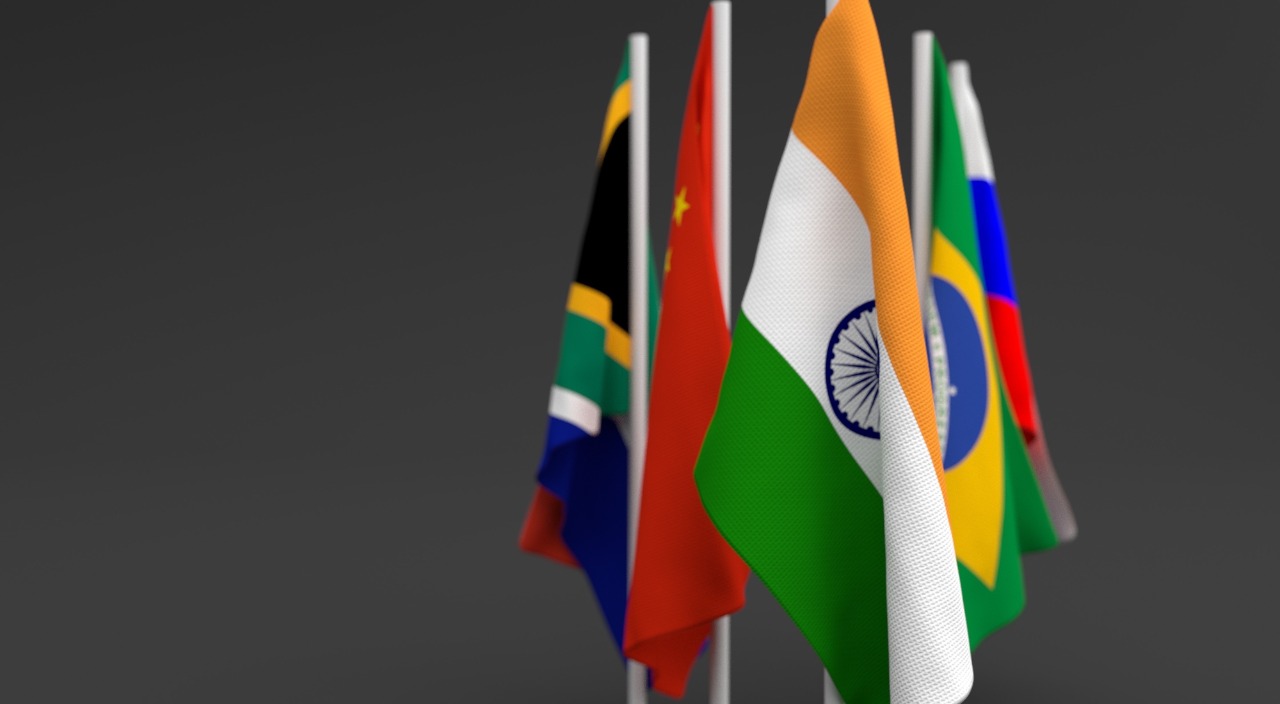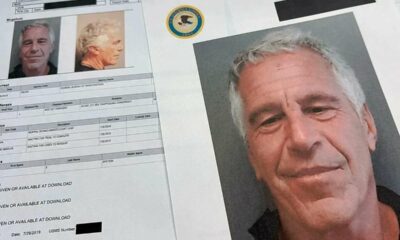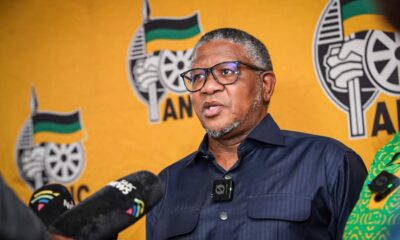News
India Draws a Bold Line on Terrorism During South Africa Visit

On a crisp Thursday morning at the Sandton Sun Hotel in Johannesburg, an Indian parliamentary delegation stood united, voices firm, eyes clear. Their message was not just for South Africa but for the world: when it comes to terrorism, India is done staying quiet.
This wasn’t just another diplomatic visit filled with photo ops and handshakes. It was a turning point in how India positions itself on the global stage when confronting terror, especially in the aftermath of the devastating April 22 attack in Pahalgam, Jammu & Kashmir. The assault claimed 26 lives and, according to Indian officials, bore the hallmarks of a cross-border strike backed by Pakistan.
As Supriya Sule, a Member of Parliament from the Nationalist Congress Party and leader of the delegation, took to the podium, the weight of her words echoed through the room. “We are here not just to mourn but to take action. It can no longer be business as usual,” she said.
“Pakistan doesn’t send delegations. It sends terrorists.”
The delegation didn’t mince words. One senior member openly called out Pakistan, saying, “The terrorists in Pahalgam were wrapped in Pakistani flags. They were cheered in Pakistan. Let’s stop pretending we don’t know where this came from.”
This tour is part of a larger campaign. Seven Indian parliamentary delegations are traveling to 33 capitals globally, building pressure, forging alliances, and ensuring the world understands that India’s patience has run out.
In South Africa, the team engaged with high-level political leaders, civil society, and members of the Indian diaspora. The goal? Mobilize international support and deliver a direct, undeniable message.
Political unity from South Africa
Support from South Africa’s leadership was immediate and vocal. The ruling African National Congress (ANC) aligned strongly with the Indian delegation’s stance.
Fikile Mbalula, the ANC’s Secretary-General, posted on X, “The ANC stands with the people of India during this difficult time. Terrorism must be condemned wherever it arises.”
The Indian delegation’s tour also included meetings with top government officials like Deputy Ministers Alvin Botes and Thandi Moraka, Parliament’s Mzwandile Masina, and Youth League leaders. In Cape Town, the Democratic Alliance (DA) echoed this support, with party leader and Agriculture Minister John Steenhuisen expressing condolences and standing in solidarity with India’s firm position against cross-border terrorism.
Voices from the diaspora and reminders of shared resistance
One of the most heartfelt moments of the trip took place in Johannesburg, where over 350 members of the Indian diaspora gathered. The crowd was filled with South Africans of Indian descent, many of whom share deep cultural and emotional ties to both nations.
Congress MP Manish Tewari stood before the crowd and delivered a stark assessment: “Pakistan has been acting like a rogue state.” His words resonated with the audience, many of whom expressed support for India’s firm stand against global extremism.
The delegation also paid a symbolic visit to Constitution Hill. Standing at the site where both Mahatma Gandhi and Nelson Mandela were once imprisoned, the group reflected on the enduring bond between India and South Africa in their shared struggles against injustice.
“It’s a place that reminds us what resistance and resilience look like,” Tewari noted. The delegation paid homage at the Gandhi statue and visited the Mandela-Gandhi Exhibition, reinforcing their message that history teaches us to act against oppression, not remain silent.
A united front, moving forward
The delegation’s composition made it clear that India’s message is bipartisan and resolute. Members from across the political spectrum—including the BJP, Congress, TDP, AAP, and former diplomats—stood shoulder to shoulder.
This diplomatic push comes on the heels of Operation Sindoor, where India launched precision strikes against terror camps in Pakistan and Pakistan-occupied Kashmir on May 7. In response, Pakistan attempted retaliatory attacks between May 8 and 10, which were firmly thwarted by Indian defense forces.
From South Africa, the delegation will move on to Ethiopia and Egypt, but the tone is already set. India is no longer just reacting—it is leading the charge in defining a global counterterrorism narrative.
A new era in diplomacy
India’s visit to South Africa wasn’t a routine diplomatic courtesy call. It was a declaration. In a world grappling with rising extremism, India is positioning itself as a nation unwilling to accept the status quo.
And as this delegation made clear, it’s not just about politics—it’s about people. It’s about those who’ve lost their lives, about future generations, and about the global community’s collective responsibility to stand against terror.
Join the global conversation
Want to stay informed and support global peace efforts? Follow updates from Indian parliamentary delegations and South African political responses. Speak up against terrorism. Share your voice. Because silence, as history shows us, only helps the oppressor.
{Source: IOL}
Follow Joburg ETC on Facebook, Twitter , TikTok and Instagram
For more News in Johannesburg, visit joburgetc.com



























